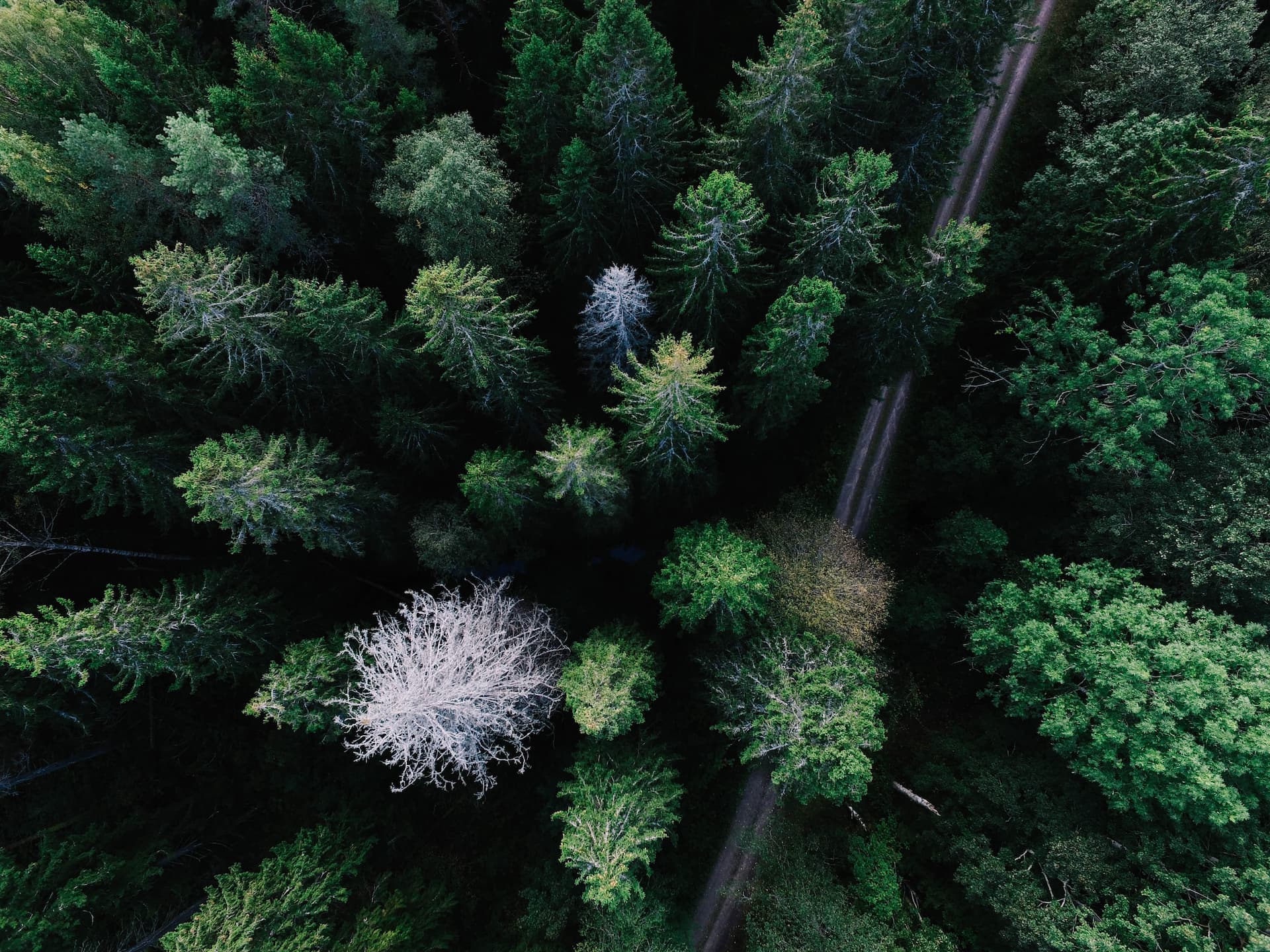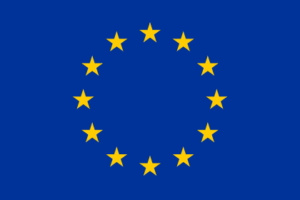Authors: Sara Berge Lorenzen, Cathrine Marie Skovbo Winther,Aina Landsverk Hagen, Julie Ridley & Maria Turda
Handbook of Youth Social Citizen Science (Borgström, D., Canto-Farachala, P., Hagen, A. L., Norvoll, R., Rådmark, L. & Lorenzen, S.B. (Eds.). (2024). Handbook of Youth Citizen Social Science. Working with Young People and the Local Community for Social Change. Zenodo. https://doi.org/10.5281/zenodo.10566411)
The Observational Gaze: Observation and Field Studies
Observation and field studies are another important method in youth citizen social science. Engaging in participant observation at youth clubs and other places frequented by young people allows co-researchers to gather data about their local areas. Similarly, observing political meetings or stakeholder interactions can provide insights into practical decision-making processes.
These methods can be applied in various ways. The Italian young citizen scientists observed meetings with stakeholders and were encouraged to document not only their ideas and thoughts but also the descriptive, interpretive, and emotional aspects that emerged during these meetings. In Denmark, teams of young citizen scientists, equipped with notebooks and cameras, undertook bike rides through their local areas, stopping at various locations to observe sustainable solutions and interview local actors. In Norway, young citizen scientists visited local youth clubs to conduct field studies, where they engaged in both observation and informal interviews with other youths. Additionally, it’s important for professional researchers to document their observations and experiences when facilitating and participating in meetings with citizen scientists. The interactions and dynamics within these meetings provide essential data about the process. One effective method to document the researchers’ experiences and observations is to conduct a debriefing session after the meeting. For instance, in the Norwegian case, a form was used where the professional researchers collectively answered questions such as ‘What was the plan for today?’, ‘What happened?’, ‘Who was present?’, ‘What are the implications for youth and researchers?’, and ‘What are the after future actions?
User Type
- Citizen scientist/civil society organization
- Researcher/research institution
- Teacher/school
Resource type
- Getting started
- Projects/project examples
- Step by step guides
Research Field
- Political sciences
- Sociology



